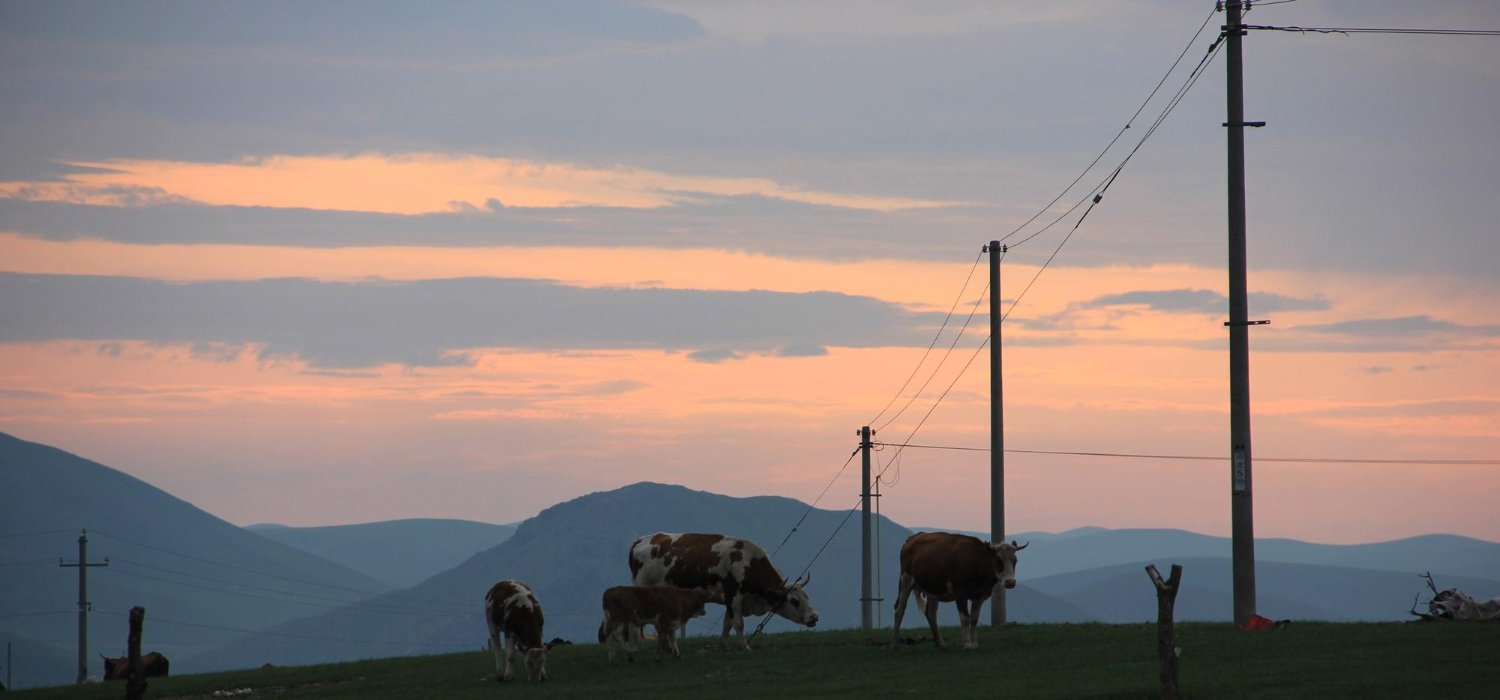T
hinking about water, energy, and food in an integrated way allows us to explore new ways to achieve sustainability and abundance, especially through technological innovation. This approach is crucial in a world that demands holistic solutions for environmental, social, and economic challenges.
One of Professor Chucho Rodríguez’s greatest challenges is teaching his students to read context, thus developing skills in leadership and business strategy. I believe this is an effective way to manage the present from a perspective of human transformation and to live as our best selves.
To illustrate this point, let us reflect on an essential food: milk. From birth, milk is the first product that enters our diet. Naturally, milk contains approximately 40% water, leading us to consider the idea that, in a way, milk “produces” water.
If we focus on cow’s milk, we should note that India is the largest milk producer in the world, with around 180 million tons annually. This fact could offer us a new perspective on the potential for water production through cows, a concept that, although it may sound unusual, is part of a broader vision integrating water, food, and energy.
Professor Rodríguez encourages us to broaden our perspective, and when we consider powdered milk—a dehydrated product, with its water content removed—we find that New Zealand is the world’s leading producer of powdered milk. Interestingly, New Zealand’s economy, and its GDP, rely heavily on the production and export of renewable energy.
It is time to incorporate these elements into our thinking model: water, food, and energy as fundamental pillars for global sustainability. This approach not only drives us toward a new technological revolution but also toward a conscious evolution of how we manage natural resources. Corporate Social Responsibility (CSR) can play a central role in this transformation, capitalizing on technological initiatives that bridge sustainable development and global well-being. We are all active participants in this evolution, and we must be aware of the role we play in it.


